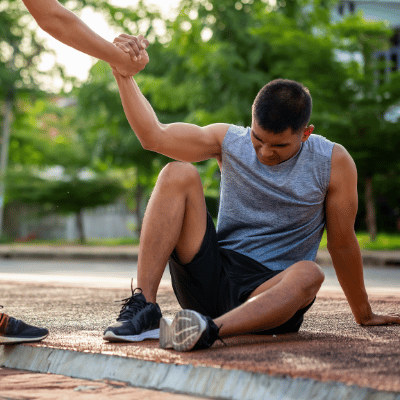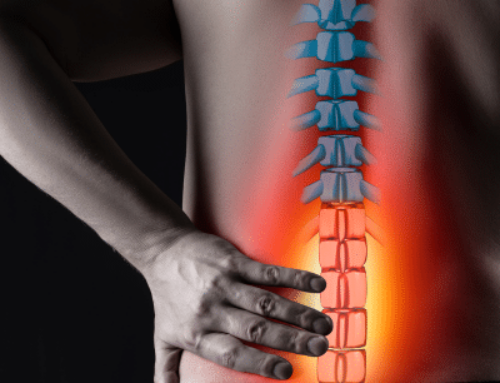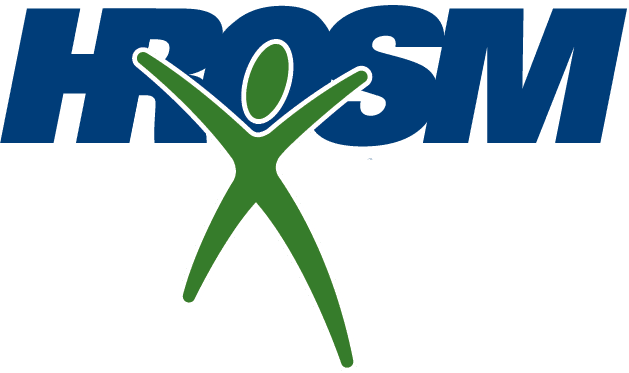With the start of the school year, children and their parents are looking forward to the upcoming seasons of sports. Whether it’s basketball, football, or soccer, it’s important to prepare for the inevitable injures that will occur. While not every athlete will experience an injury every season, every team will see injuries in their athletes. With this in mind, you may be wondering what some of the common injuries are.
 Concussions
Concussions
The Mayo Clinic defines a concussion as a traumatic brain injury resulting from a blow to the head or a violent shaking of the upper body. The most notable signs and symptoms of a concussion are confusion, headache, or nausea, but that does not mean they are always present. In fact, it’s possible to suffer a concussion and be unaware of it because the effects may not immediately present themselves. Unfortunately, the effects can last for days, sometimes weeks, so extreme caution should be taken whenever an athlete takes a blow to the head.
Ankle Sprains
An ankle sprain may not sound like a serious injury, but the impacts of such an injury can be long-lasting. Any sport that involves running creates an atmosphere for ankle injuries so it’s important to help prevent them by wearing the correct shoes. Whether the ankle sprain is a mild grade 1 or a severe grade 3, the most important recovery tool is rest.
Shin Splints
Some injuries have very few visible signs of the injury. Shin splints fall into that category. A shin splint could be resulting from overstressed muscles or even micro-fractures in the tibia and fibula. Whether the shin splint is caused by overexertion, flat feet, or weak stabilizing muscles in the core, the effects can be long-lasting and incredibly painful. Rest, NSAIDs, and neoprene sleeves can often help mediate the effects of a shin splint, but caution should be taken when resuming exercise to prevent a long-term injury.
Should I Keep Participating In Sports With So Many Risks?
The decision to participate in sports is ultimately up to you. Know your risks, prevent them however you can, and prepare for when an injury does occur.
If you are suffering, contact your HROSM orthopaedic specialist at (757) 873-1554 for further steps to take to address your issues. Our providers can help you find relief.

 Concussions
Concussions




